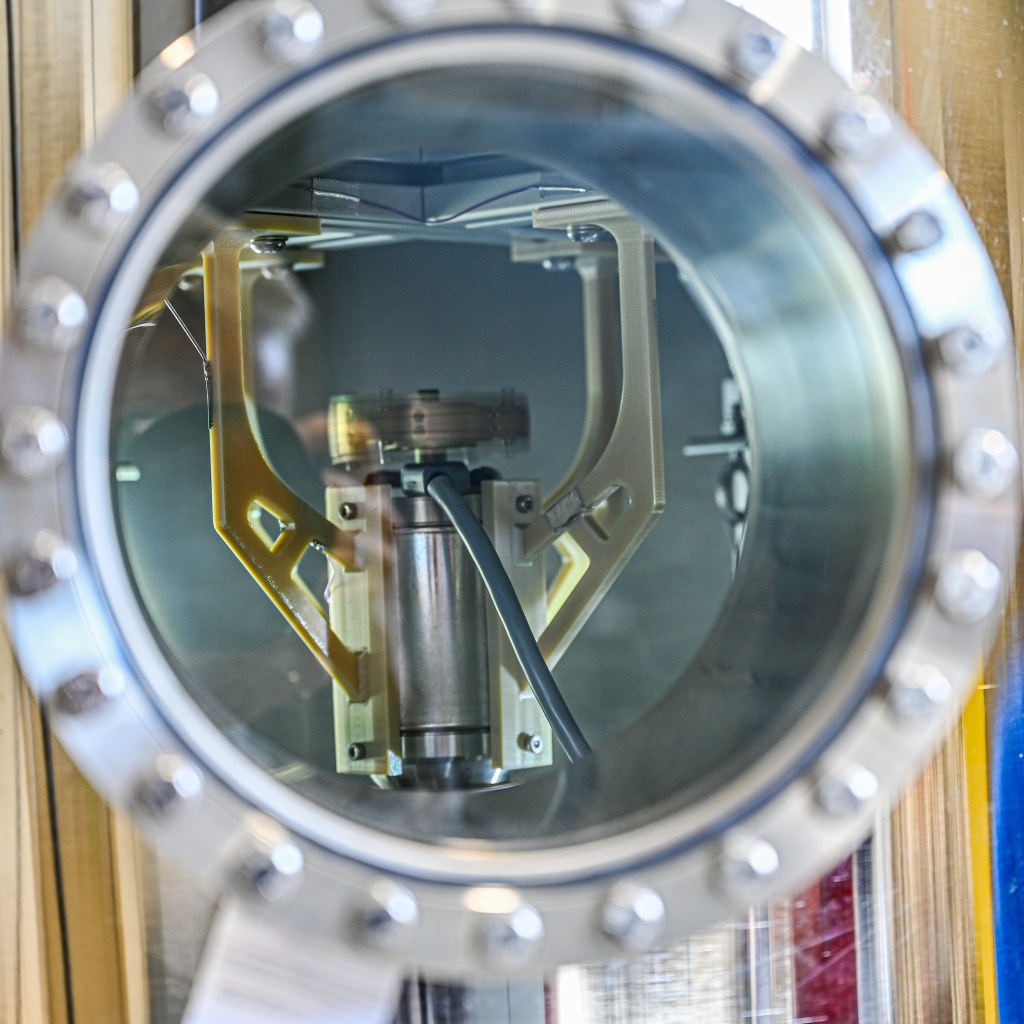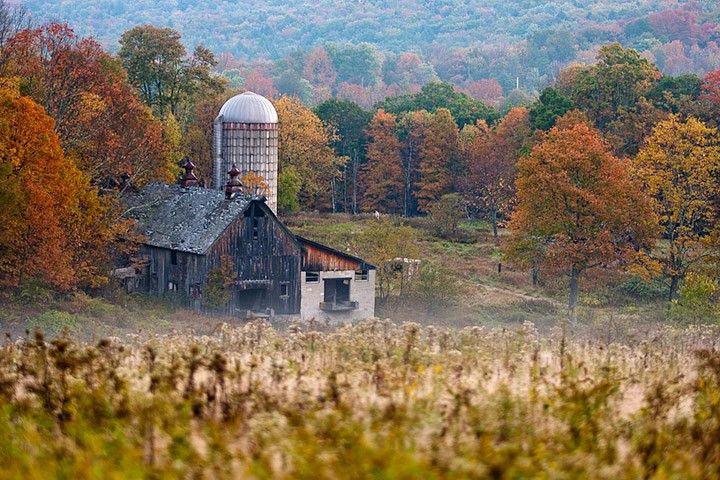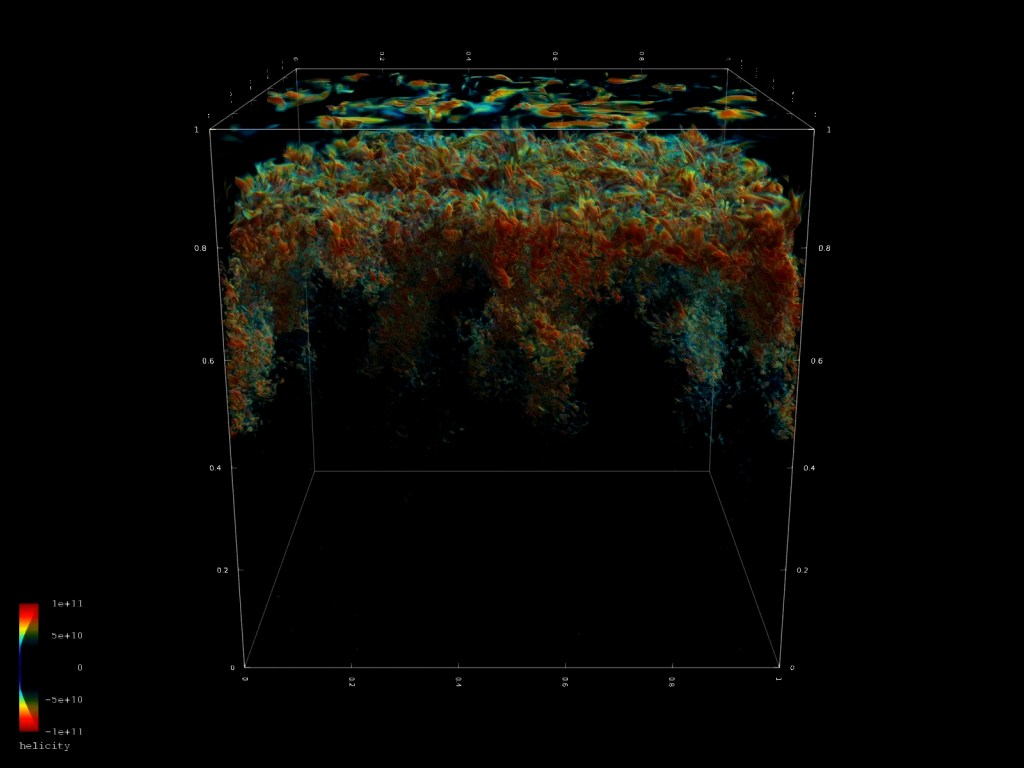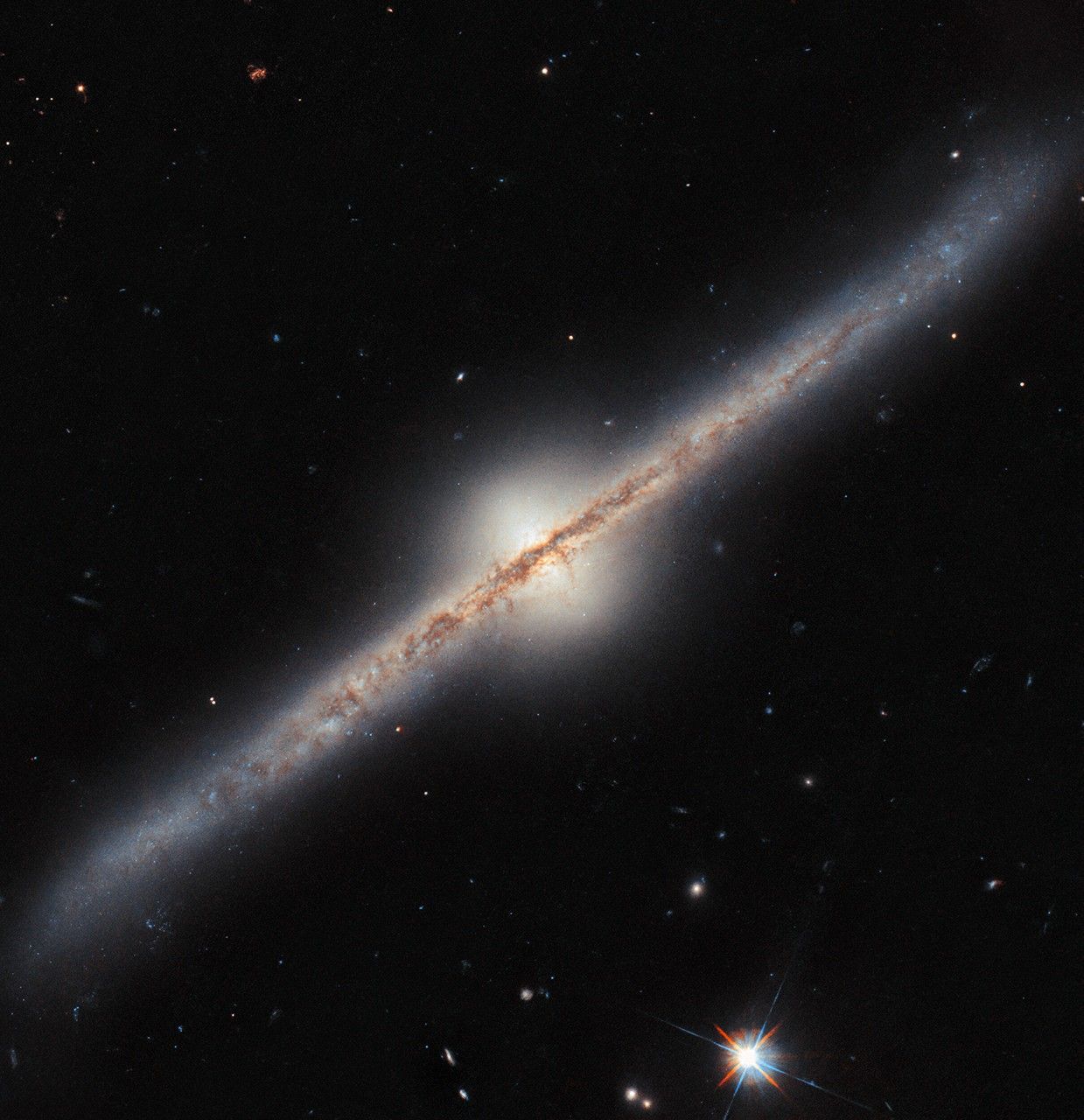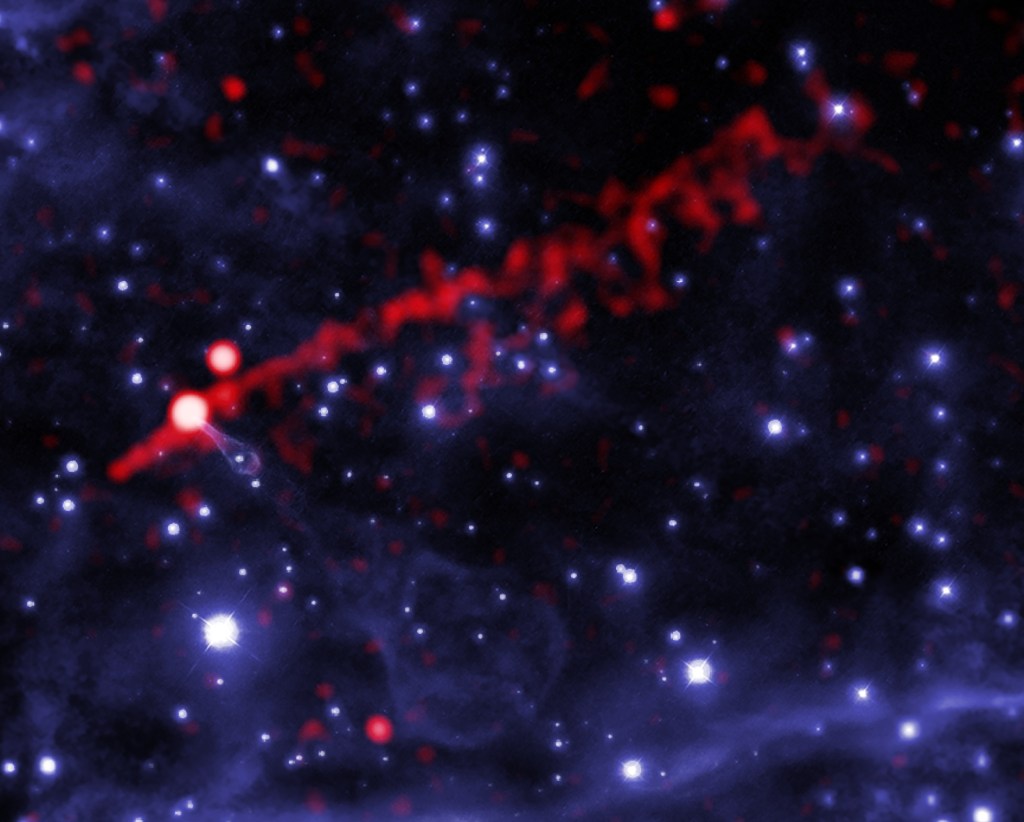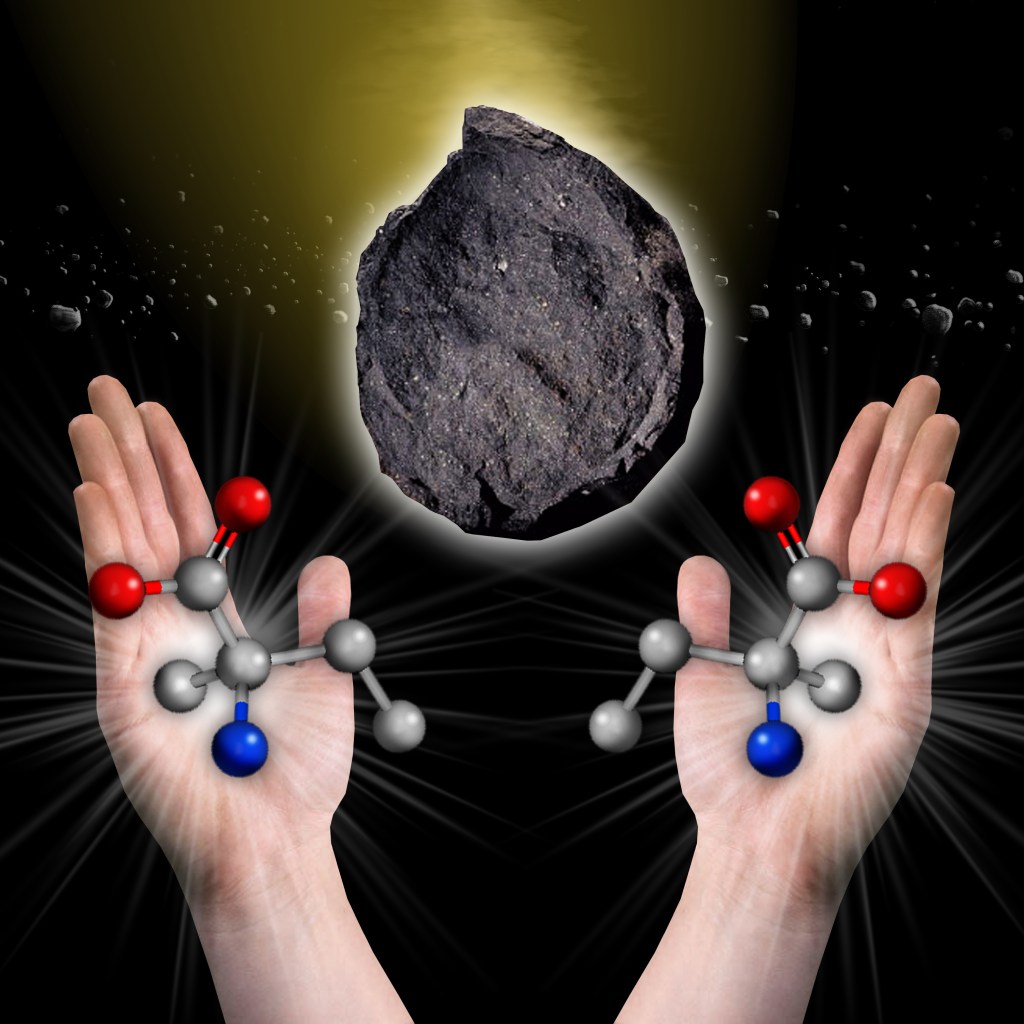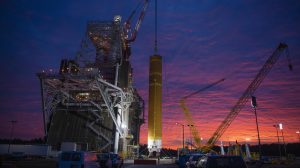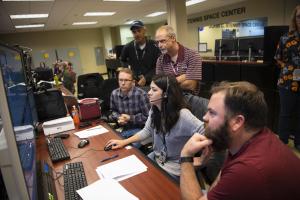Engineers have completed the fifth of eight Green Run tests on the core stage of NASA’s new Space Launch System (SLS) rocket, continuing progress toward a milestone hot fire test this fall. Operators concluded a test of the stage’s thrust vector control system on the historic B-2 Test Stand at NASA’s Stennis Space Center near Bay St. Louis, Miss., on Sept. 13. The test provided critical verification of the control system and its related hydraulics as operators gimbaled the stage’s four RS-25 engines just as they must move during flight to steer the rocket and maintain a proper trajectory. The stage now is set for two more tests – a simulated countdown demonstration and wet dress rehearsal – directly leading to the hot fire of all four RS-25 engines, just as during an actual flight. In the countdown demonstration, engineers will simulate the launch countdown and procedures to validate the established timeline and sequence of events. In the wet dress rehearsal, engineers will conduct another countdown exercise and actually load, control and drain more than 700,000 gallons of cryogenic propellants to ensure all is set for the final test of the Green Run series. The concluding test will activate all stage systems and fire the four RS-25 engines to generate the same combined 1.6 million pounds of thrust that will help launch the SLS rocket when it flies on the Artemis I mission. NASA is building SLS to launch missions for the next era of space exploration. The rocket will serve as the backbone of the Artemis program, powering missions that return humans, including the first woman, to the Moon by 2024. The Artemis program is designed to help establish a sustainable presence at the Moon and to develop technologies and techniques needed for eventual missions to Mars, which also will be powered by SLS. The core stage for the new rocket was delivered to Stennis early this year for a series of Green Run tests designed to verify all systems will operate as needed. Once the Green Run series is completed, engineers will refurbish the rocket and transport it to NASA’s Kennedy Space Center in Florida. There, it will be stacked with other major parts of the rocket and prepped for launch of the uncrewed Artemis I mission. Boeing is the prime contractor for the core stage construction. Aerojet Rocketdyne is manufacturing the RS-25 engines. Green Run testing is being conducted by a combined team of personnel from both companies, as well as the Stennis test team and SLS personnel from the Stages Office at NASA’s Marshall Space Flight Center in Huntsville, Ala.
3 min read
Engineers Complete 5th Green Run Test of Space Launch System Core Stage
Share
Details
Last Updated
Jul 26, 2023





